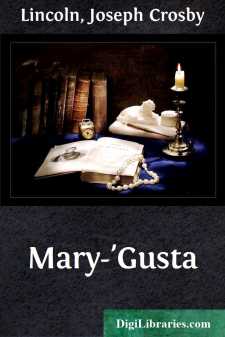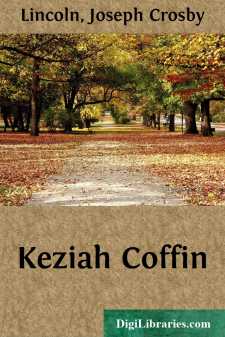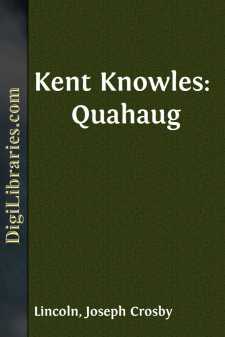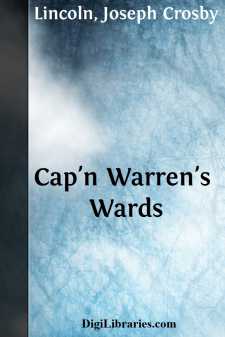Categories
- Antiques & Collectibles 13
- Architecture 36
- Art 48
- Bibles 22
- Biography & Autobiography 813
- Body, Mind & Spirit 142
- Business & Economics 28
- Children's Books 17
- Children's Fiction 14
- Computers 4
- Cooking 94
- Crafts & Hobbies 4
- Drama 346
- Education 46
- Family & Relationships 57
- Fiction 11829
- Games 19
- Gardening 17
- Health & Fitness 34
- History 1377
- House & Home 1
- Humor 147
- Juvenile Fiction 1873
- Juvenile Nonfiction 202
- Language Arts & Disciplines 88
- Law 16
- Literary Collections 686
- Literary Criticism 179
- Mathematics 13
- Medical 41
- Music 40
- Nature 179
- Non-Classifiable 1768
- Performing Arts 7
- Periodicals 1453
- Philosophy 64
- Photography 2
- Poetry 896
- Political Science 203
- Psychology 42
- Reference 154
- Religion 513
- Science 126
- Self-Help 84
- Social Science 81
- Sports & Recreation 34
- Study Aids 3
- Technology & Engineering 59
- Transportation 23
- Travel 463
- True Crime 29
Our website is made possible by displaying online advertisements to our visitors.
Please consider supporting us by disabling your ad blocker.
Mary-'Gusta
Description:
Excerpt
CHAPTER I
On the twentieth day of April in the year 19—, the people—that is, a majority of the grown people of Ostable—were talking of Marcellus Hall and Mary-'Gusta.
A part of this statement is not surprising. The average person, no matter how humble or obscure, is pretty certain to be talked about on the day of his funeral, and Marcellus was to be buried that afternoon. Moreover, Marcellus had been neither humble nor obscure; also, he had been talked about a good deal during the fifty-nine years of his sojourn on this planet. So it is not at all surprising that he should be talked about now, when that sojourn was ended. But for all Ostable—yes, and a large part of South Harniss—to be engaged in speculation concerning the future of Mary-'Gusta was surprising, for, prior to Marcellus's death, very few outside of the Hall household had given her or her future a thought.
On this day, however, whenever or wherever the name of Marcellus Hall was mentioned, after the disposition of Marcellus's own bones had been discussed and those of his family skeleton disinterred and articulated, the conversation, in at least eight cases out of ten, resolved itself into a guessing contest, having as its problem this query:
"What's goin' to become of that child?"
For example:
Mr. Bethuel Sparrow, local newsgatherer for the Ostable Enterprise, seated before his desk in the editorial sanctum, was writing an obituary for next week's paper, under the following head:
"A Prominent Citizen Passes Away."
An ordinary man would probably have written "Dies"; but Mr. Sparrow, being a young and very new reporter for a rural weekly, wrote "Passes Away" as more elegant and less shocking to the reader.
It is much more soothing and refined to pass away than to die—unless one happens to be the person most concerned, in which case, perhaps, it may make little difference.
"The Angel of Death," wrote Mr. Sparrow, "passed through our midst on Tuesday last and called to his reward Captain Marcellus Hall, one of Ostable's most well-known and influential residents."
A slight exaggeration here. Marcellus had lived in Ostable but five years altogether and, during the last three, had taken absolutely no part in town affairs—political, religious or social. However, "influential" is a good word and usual in obituaries, so Bethuel let it stand. He continued:
"Captain Hall's sudden death—"
Erasure of "death" and substitution of "demise."
Then:
"—Was a shock to the community at large. It happened on account of—" More erasures and substitutions. "—It was the result of his taking cold owing to exposure during the heavy southeast rains of week before last which developed into pneumonia. He grew rapidly worse and passed away at 3.06 P.M. on Tuesday, leaving a vacancy in our midst which will be hard to fill, if at all. Although Captain Hall had resided in Ostable but a comparatively short period, he was well-known and respected, both as a man and—"
Here, invention failing, Mr. Sparrow called for assistance....












